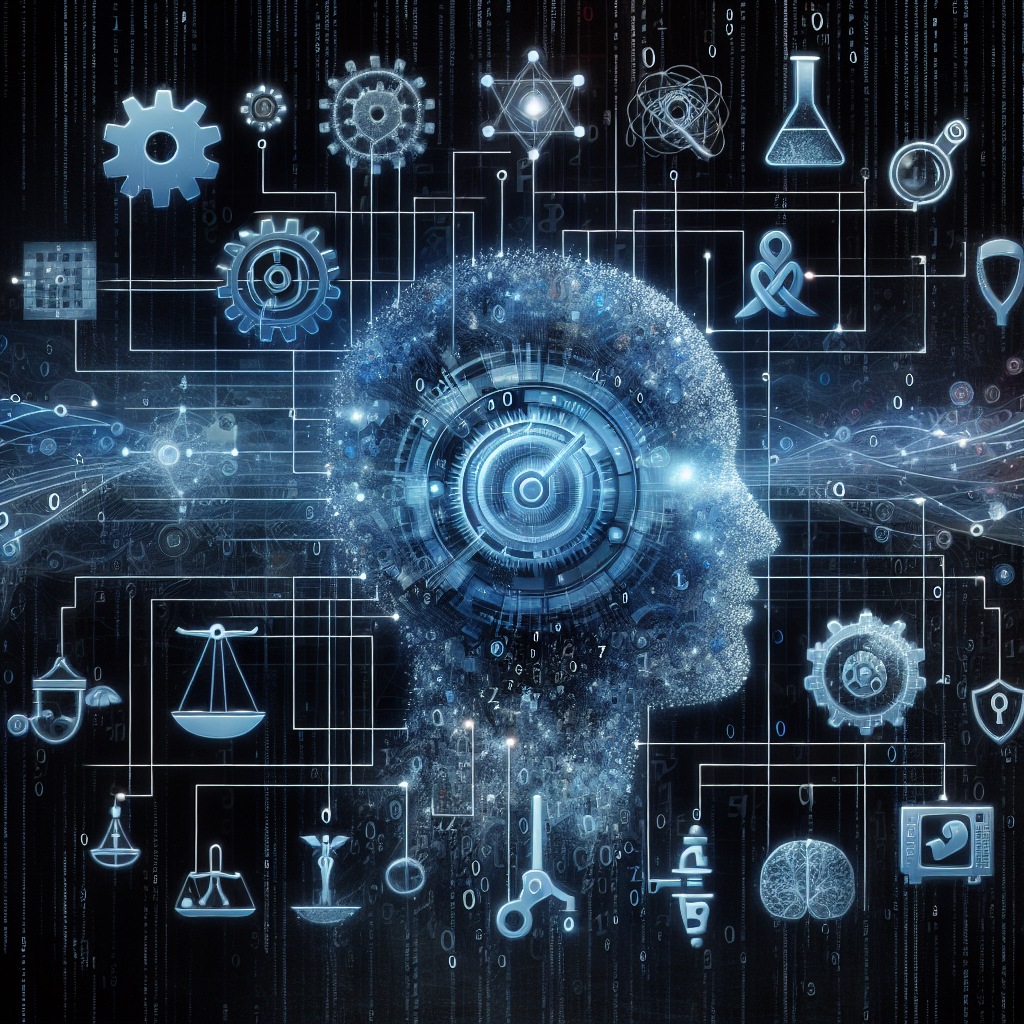Artificial General Intelligence (AGI) is a term used to describe a type of artificial intelligence that has the ability to understand, learn, and apply knowledge across a wide range of tasks and domains. AGI is seen as the next frontier in AI development, as it has the potential to revolutionize industries, transform the way we work, and impact the economy in significant ways. In this article, we will explore the implications of AGI on the future of work, how AI will impact jobs and industries, and what the potential challenges and opportunities are.
The Impact of AGI on Jobs and Industries
As technology continues to advance at a rapid pace, the rise of AGI has the potential to automate and streamline many tasks that are currently performed by humans. This could lead to significant changes in the job market, with some jobs becoming obsolete while new opportunities emerge in fields such as data science, machine learning, and AI development. Industries that rely heavily on manual labor, routine tasks, and repetitive processes are likely to be the most impacted by the rise of AGI.
One of the key benefits of AGI is its ability to perform complex tasks more efficiently and accurately than humans. This could lead to increased productivity, cost savings, and improved quality in industries such as manufacturing, healthcare, finance, and transportation. AGI could also enable new innovations and advancements in fields such as robotics, autonomous vehicles, and personalized medicine.
However, the widespread adoption of AGI also raises concerns about job displacement, income inequality, and the impact on the workforce. As automation and AI technologies become more prevalent, there is a risk that many workers could be left behind, especially those in low-skilled and routine jobs. This could lead to a widening gap between the rich and the poor, as well as social unrest and economic instability.
To address these challenges, policymakers, businesses, and educators will need to adapt to the changing landscape of work and invest in reskilling and upskilling programs to help workers transition to new roles and industries. The rise of AGI also presents opportunities for collaboration between humans and machines, as AI technologies can complement and enhance human capabilities in areas such as creativity, problem-solving, and decision-making.
FAQs
Q: What is the difference between AGI and narrow AI?
A: AGI refers to a type of artificial intelligence that can perform a wide range of tasks and learn from experience, while narrow AI is designed to perform specific tasks or functions within a limited domain. AGI has the potential to generalize and adapt to new situations, whereas narrow AI is limited to the tasks it was designed for.
Q: Will AGI replace all human jobs?
A: While AGI has the potential to automate many tasks and roles currently performed by humans, it is unlikely to completely replace all jobs. Instead, AGI is likely to augment and enhance human capabilities in many industries, leading to new opportunities and roles for workers.
Q: How can workers prepare for the rise of AGI?
A: Workers can prepare for the rise of AGI by developing skills in areas such as data science, machine learning, and AI development. They can also focus on building soft skills such as creativity, critical thinking, and emotional intelligence, which are less likely to be automated by AI technologies.
Q: What are the ethical implications of AGI?
A: The rise of AGI raises ethical concerns around issues such as job displacement, privacy, bias, and autonomy. It is important for policymakers, businesses, and developers to address these ethical considerations and ensure that AI technologies are used responsibly and ethically.
In conclusion, the rise of AGI has the potential to revolutionize industries, transform the way we work, and impact the economy in significant ways. While there are challenges and risks associated with the widespread adoption of AGI, there are also opportunities for collaboration, innovation, and growth. By preparing for the future of work and investing in reskilling and upskilling programs, we can harness the power of AGI to create a more inclusive and prosperous society.

